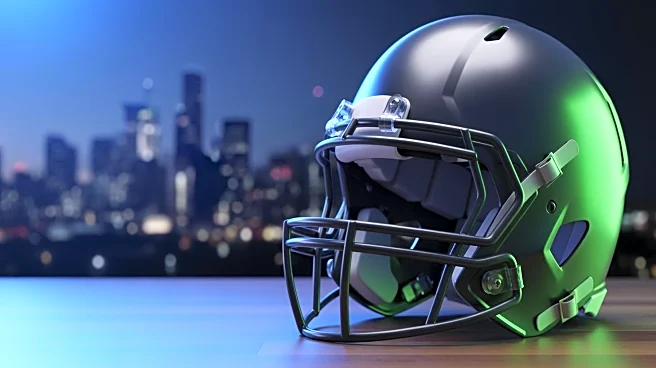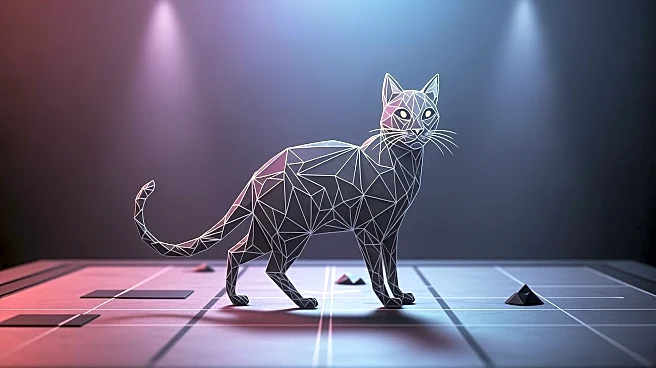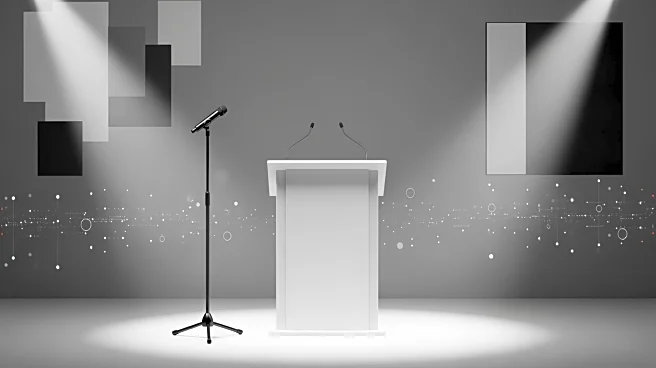Rapid Read • 7 min read
Upcycling is gaining traction as a transformative process in the fashion industry, turning waste materials and unwanted products into new, higher-value items. This practice offers a sustainable alternative to fast fashion, which is known for its rapid production and environmental impact. Upcycling involves repurposing existing garments or materials without fundamentally altering their original form, promoting creativity and individuality. It addresses the issue of textile waste and conserves resources, aligning with the principles of the circular economy.
AD
Upcycling is crucial in reducing the environmental impact of the fashion industry, which contributes to pollution and resource depletion. By repurposing existing materials, upcycling reduces the demand for new resources and lessens the environmental strain associated with conventional fashion production. It promotes creativity and individual expression, offering a unique alternative to mass-produced fashion. Upcycling also serves as a powerful tool for consumer education, fostering awareness about the environmental impact of fashion choices.
As the demand for sustainable fashion grows, opportunities arise for innovative business models and collaborations that prioritize both environmental and economic sustainability. Upcycling is expected to play a key role in the evolution of the fashion industry, promoting a more responsible and ethical approach to fashion consumption.
Upcycling challenges the traditional fast fashion model, encouraging a shift towards sustainable practices and promoting a circular economy. It fosters collaboration between designers and brands, creating a more diverse and inclusive fashion ecosystem.
AD
More Stories You Might Enjoy











